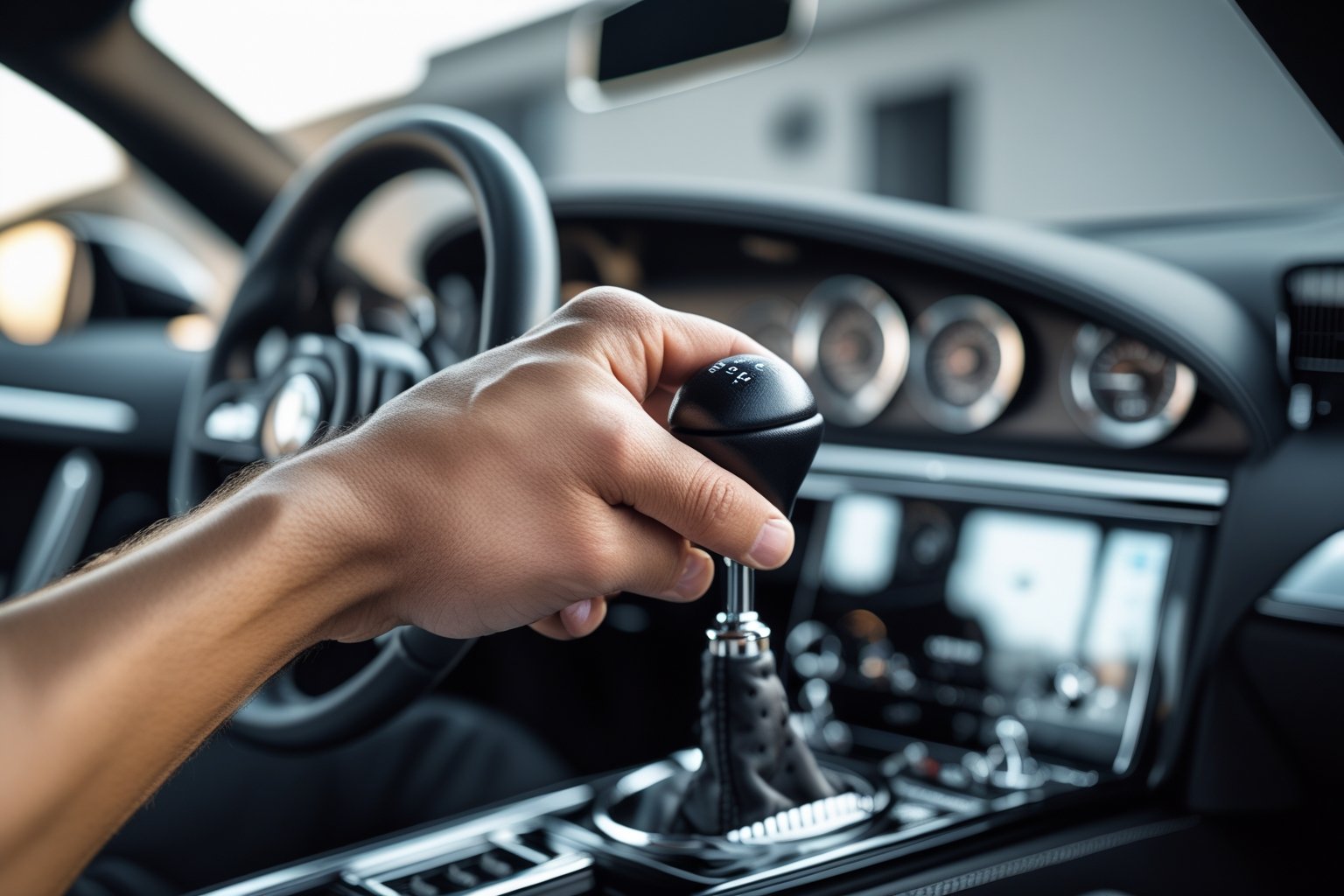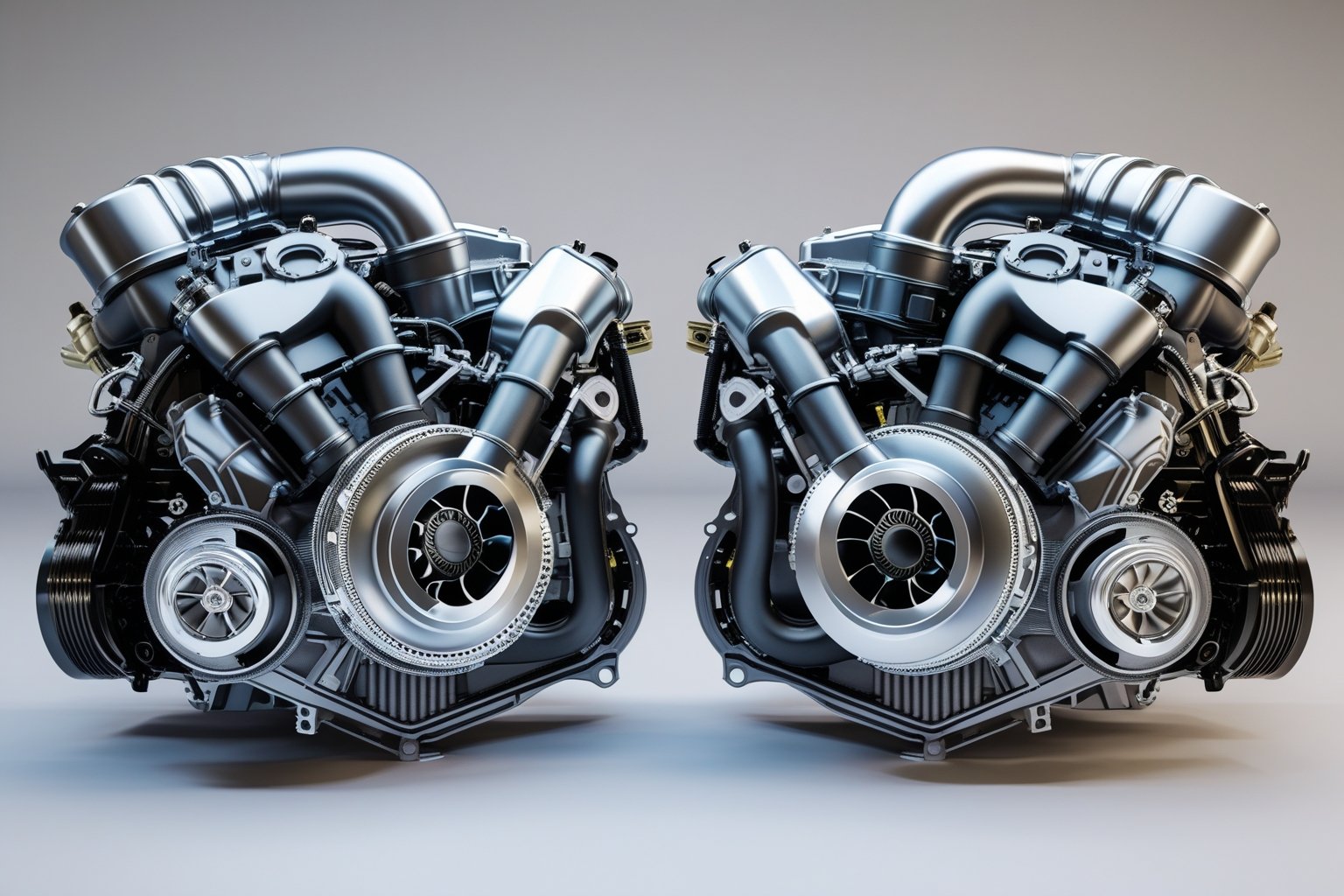Buying a Used Car? Here’s a Checklist You Must Follow
When it comes to buying a used car, there are several factors to consider to ensure you get a quality vehicle that fits your needs and budget. Whether you’re a seasoned car enthusiast or a first-time buyer, this checklist will guide you through the process of evaluating a used car before making a purchase.
1. Research and Preparation
Before diving into the used car market, conduct thorough research on the make and model you are interested in. Check online reviews, forums, and reliability ratings to understand the vehicle’s reputation and common issues. Create a budget to determine how much you can afford to spend on a used car.
2. Vehicle History Check
Obtain the vehicle identification number (VIN) from the seller and run a comprehensive vehicle history report. This report will reveal important details such as past accidents, title status, service records, and odometer readings. A clean history report is crucial for peace of mind.
3. Mechanical Inspection
Prior to making any commitments, schedule a professional mechanical inspection of the used car. A qualified mechanic can assess the vehicle’s condition, identify any underlying issues, and provide an estimate of future maintenance costs. This step is essential to avoid purchasing a lemon.
4. Test Drive and Evaluation
Schedule a test drive to experience how the used car performs on the road. Pay attention to the engine’s responsiveness, braking efficiency, steering control, and overall comfort. Test driving the vehicle will give you a feel for its condition and help you make an informed decision.
5. Price Negotiation
After completing the necessary checks and being satisfied with the vehicle, it’s time to negotiate the price with the seller. Use your research findings, inspection results, and any identified issues as leverage during the negotiation process. Aim to reach a fair price that aligns with the market value of the used car.
6. Paperwork and Documentation
Before finalizing the purchase, ensure that all necessary paperwork and documentation are in order. This includes the title transfer, bill of sale, warranty information (if applicable), and any other relevant documents. Verify that the VIN on the paperwork matches the vehicle’s VIN to avoid any discrepancies.
7. Post-Purchase Inspection
After buying the used car, consider scheduling a post-purchase inspection to reevaluate the vehicle’s condition. Address any issues that may have been missed during the initial inspection or test drive. Regular maintenance and care will help keep your used car in optimal condition for years to come.
By following this comprehensive checklist, you can confidently navigate the process of buying a used car and make a well-informed decision. Remember, thorough research, inspections, and evaluations are key to finding a reliable and high-quality vehicle that meets your expectations.
For more automotive tips and insights, stay tuned to Torque Feed for the latest updates and expert advice.





